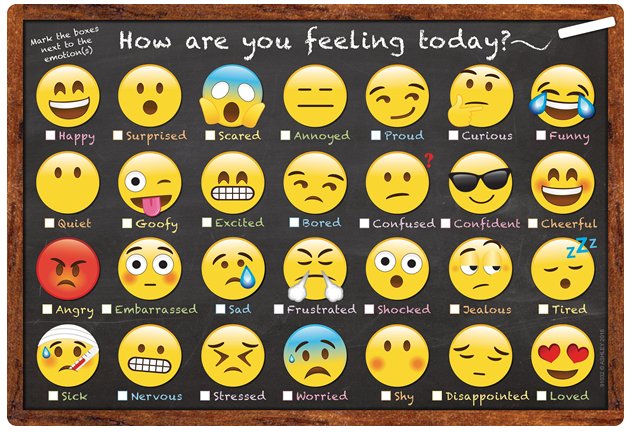Having lived over 20 years with chronic pain from dystonia (a neurological movement disorder) in order to best manage my condition, I have to be very mindful of the way I live my life with regard to treatments and self-care for my physical and emotional health. I also have to manage stress to not further exacerbate what I am experiencing.
For those of you familiar with my story, I have come a long way and my symptoms have improved significantly, but I still have plenty of symptoms that I need to work on every day to keep them controlled to the best of my ability so I can be as functional as possible and enjoy my life to the fullest. Some days are definitely harder than others, and as I am sure many of you can relate, the unpredictability of how we will feel every day is unnerving.
We must remember that our body is always talking to us. We need to pay attention. Listen to what it is telling you. Also, listen to your intuition… that little voice inside your head which is almost always never wrong. With practice, you will begin to notice subtle signs that things are improving, getting worse, or something might just be more on or off than usual a particular day. Use these cues to restructure your thoughts and behaviors.
When you notice something starting to feel worse than usual or something different than you are used to, take a moment and assess the situation. Ask yourself what you need right now to feel better. Communicate with yourself. Even do it aloud if that helps. Do you need to lie down, put ice or heat on a painful area, exercise, meditate, pray, or talk to someone? Do you need to go somewhere to change your environment? Take a break from everyone and be alone? It could be anything and over time, you will begin to know what you need to keep your health better balanced. The important thing is listening and then following through with what your body tells you and being consistent with what helps.
If you notice a pattern of feeling better for a period of time during the day or perhaps several days on end, take note of it by writing it down. Figure out what you did or did not do that helped you feel better. When you journal, it is important to include positive things as well as things that are bothering you. When we have a problem that we are really struggling with, it is easy to focus on all the things wrong with us which can make journaling counterproductive. Work hard to acknowledge the good things by writing about them as well. They are very important to our mental health.
All of these activities are a practice in mindfulness. Mindfulness is imperative for us to be successful in any aspect of our lives. For example, if you run a business, you have to be very mindful of your profit margin and bottom line. If you are raising young children, you need to be very mindful of where they are and what they are doing so they can stay out of danger. The same holds true for puppies that can easily tear up your house if you are not paying attention. When we are driving, we need to be very mindful of the road and other drivers to avoid accidents. If you are trying to lose weight, you need to be mindful of the calorie sources you are putting in your body.
There are so many more examples of the many ways we are already practicing mindfulness throughout the day without even realizing it. To really make it effective, the key thing is to become mindful of being mindful, especially as it relates to our physical and emotional health. So if you are in pain, you need to be very mindful of what is causing the pain and what will help to alleviate it in the moment, even if just a little bit, and then be sure to follow through with doing it. The worst thing we can do is ignore the pain or be reactionary to the discomfort we are feeling. An emotional reaction will pull us further into the pain (click here to read about the impact emotions have on our health).
Our bodies have voices. They are often drowned out by the constant
babble of the world we create for ourselves, but they are there waiting
and willing to tell us what they need. Most often subtle and quiet,
the voices get louder as we refuse to listen.
– Dr. Judith Petry –
Edited excerpt from Beyond Pain and Suffering: Adapting to Adversity and Life Challenges








